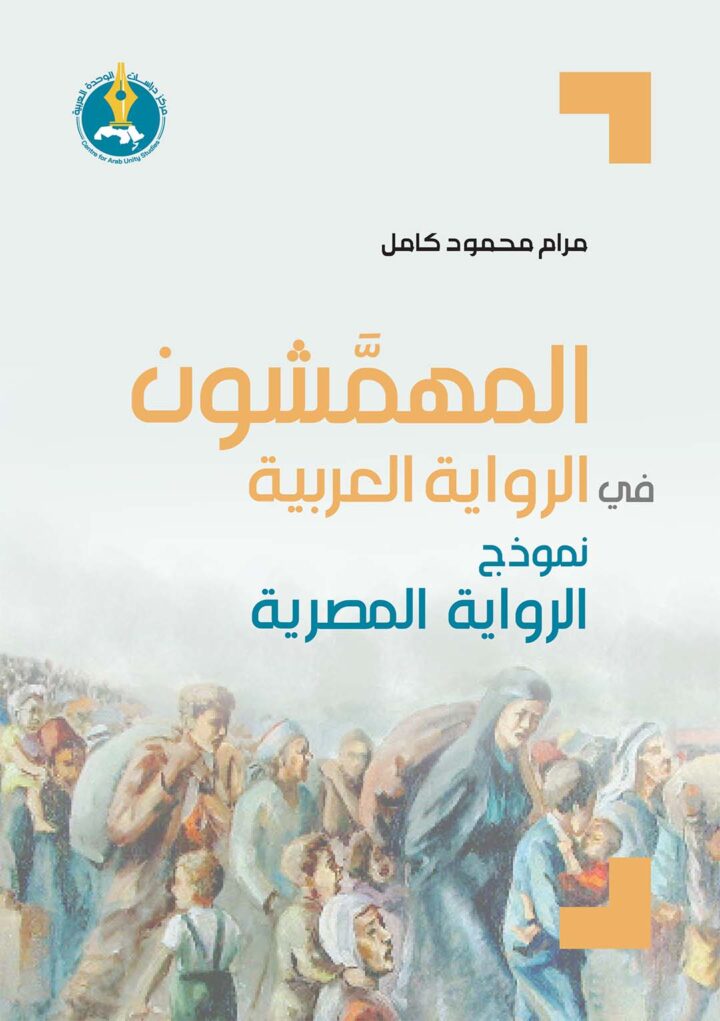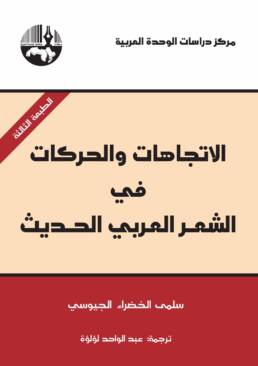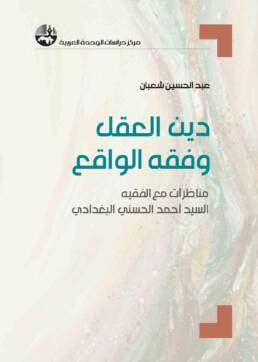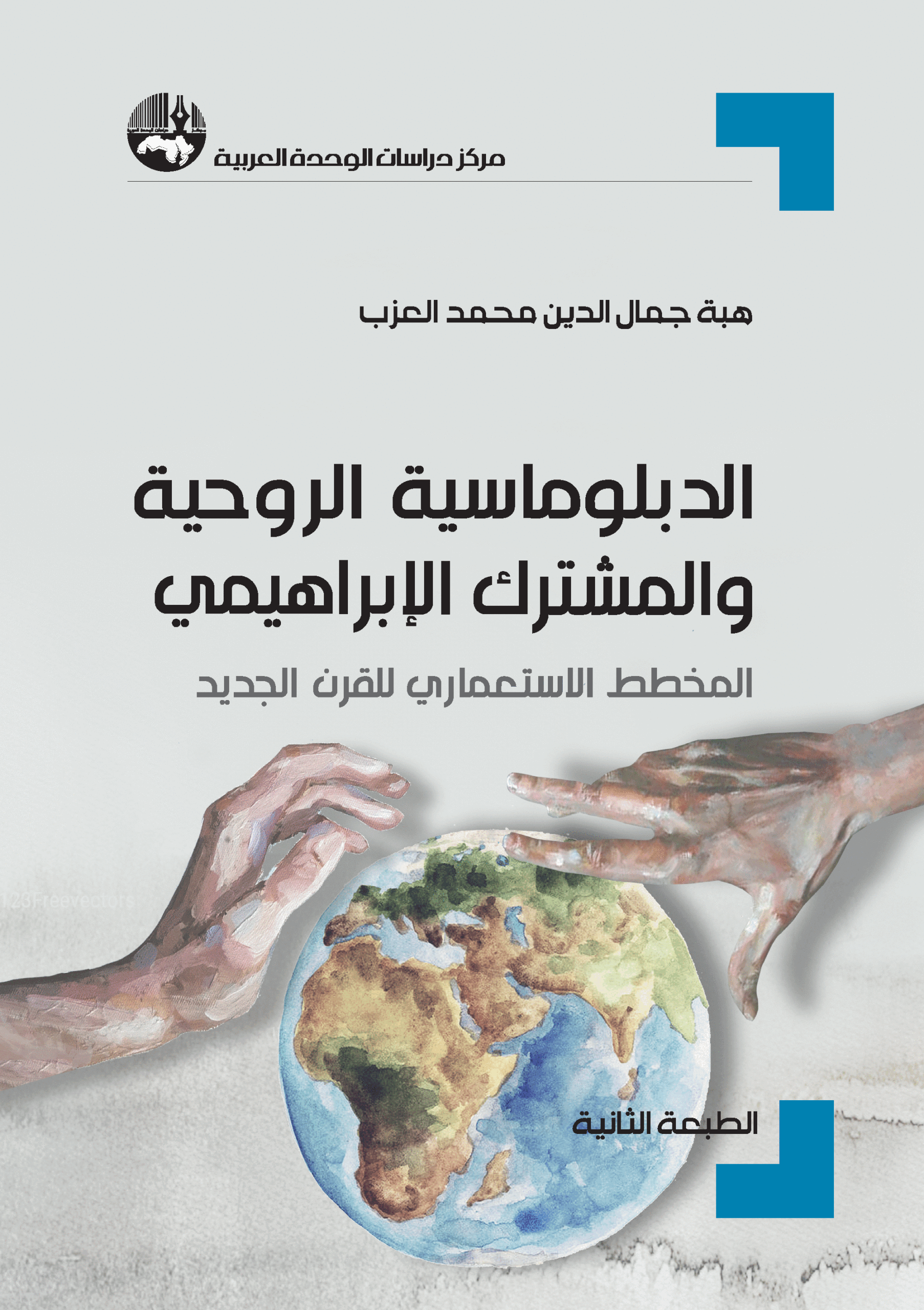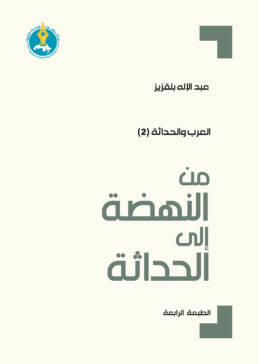The Marginalized in the Arabic Novel: The Egyptian Novel as a Model
Price range: 10 $ through 14 $
Price range: 7 $ through 10 $
AuthorMaram Mahmoud Kamel MansourDate30/4/2025No. of Pages256EditionFirstISBN978-614-498-381-2E-ISBN978-614-498-382-9
| Weight | 0,395 kg |
|---|---|
| Dimensions | 24 × 17 cm |
| Product Type | Electronic, Paper |
The Center for Arab Unity Studies has published the book The Marginalized in the Arabic Novel: The Egyptian Novel as a Model by researcher Maram Mahmoud Kamel.
Social marginalization is one of the most dangerous societal issues that threatens the security and safety of societies. It has been addressed by various writings, most notably the Arab novel, at different stages of time, revealing its diverse patterns, images, and multiple causes, as if transporting the reader to a vivid picture of the troubled reality experienced by the marginalized; The novel is an expression of the unspoken, a translation of a voice, a movement, a class, or a faction. The marginalized novel flourished when many statistics revealed the presence of the poor, the unemployed, the outcast groups, and those suffering from racial discrimination and marginalization due to color or race. This is confirmed by the high proportion of slum dwellers, cemetery dwellers, and tin shacks in more than one Arab country, as well as the millions of refugees whose numbers are increasing. All of this demonstrates the extent of marginalization and the marginalized in the Arab world.
This book is an interdisciplinary study in the sociology of literature, clarifying the relationship between literature and society through manifestations of social marginalization in the contemporary Egyptian novel. It addresses the relationship between literature and society by presenting and analyzing the phenomenon of social marginalization in the novel from a theoretical perspective, and then by analyzing Egyptian novels, adopting a narrative discourse analysis method at three intertwined levels: storytelling, discourse, and meaning.
Add a review
You must be logged in to post a review.

